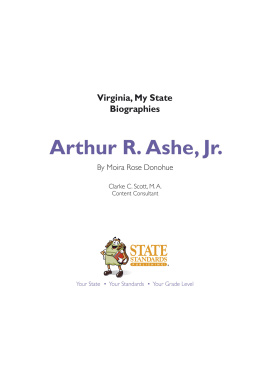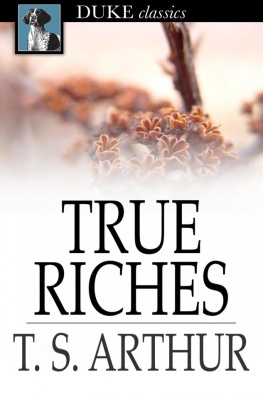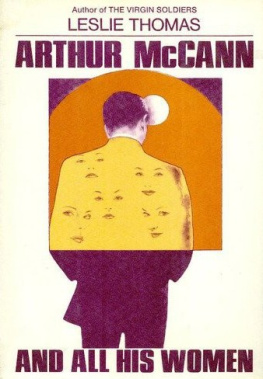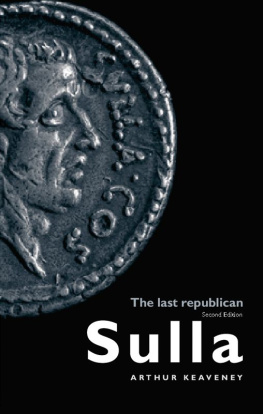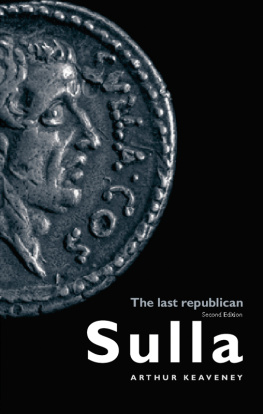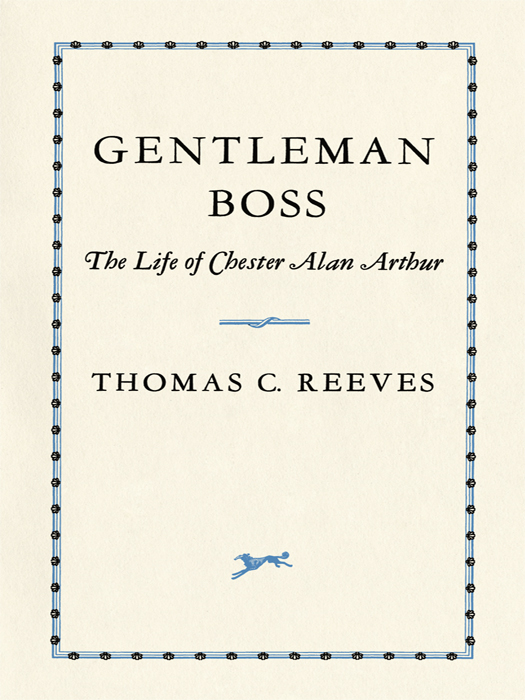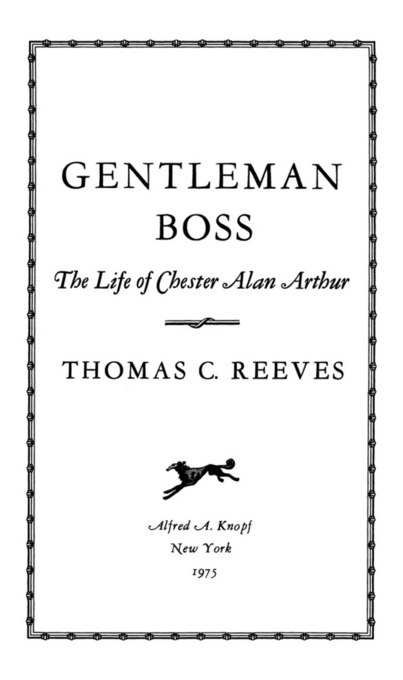Thomas Reeves - The Gentleman Boss
Here you can read online Thomas Reeves - The Gentleman Boss full text of the book (entire story) in english for free. Download pdf and epub, get meaning, cover and reviews about this ebook. year: 2013, publisher: Knopf Doubleday Publishing Group, genre: Non-fiction. Description of the work, (preface) as well as reviews are available. Best literature library LitArk.com created for fans of good reading and offers a wide selection of genres:
Romance novel
Science fiction
Adventure
Detective
Science
History
Home and family
Prose
Art
Politics
Computer
Non-fiction
Religion
Business
Children
Humor
Choose a favorite category and find really read worthwhile books. Enjoy immersion in the world of imagination, feel the emotions of the characters or learn something new for yourself, make an fascinating discovery.

- Book:The Gentleman Boss
- Author:
- Publisher:Knopf Doubleday Publishing Group
- Genre:
- Year:2013
- Rating:3 / 5
- Favourites:Add to favourites
- Your mark:
The Gentleman Boss: summary, description and annotation
We offer to read an annotation, description, summary or preface (depends on what the author of the book "The Gentleman Boss" wrote himself). If you haven't found the necessary information about the book — write in the comments, we will try to find it.
He gives us, for the first time, the unknown facts about Arthurs early life: how, before he entered the boss-dominated Republican Party under the tutelage of men like the notorious Roscoe Conkling, this son of an itinerant minister was a model of nineteenth-century youthful idealism, first as a beloved schoolteacher, then as a young lawyer directly involved in the abolitionist struggle, and finally, as a conscientious and honest Quartermaster General for New York during the Civil War. Reeves assiduously plots Arthurs consistently successful career as a master dealer in patronage and electioneering as a survivor among conniversa career that culminated in his nomination as James Garfields Vice-President and, when Garfield was assassinated, his own White House inauguration, in spite of the great scandal attending his removal from the directorship of the New York Customhouse and the revelation that Garfields assassin claimed to be an Arthur supporter.
As Reeves makes abundantly clear, this spoilsman supreme, who personified the worst gaudy excesses of the Gilded Age, administered the laws of the land honorably and even disinterestedlyto the chagrin of his fellow bosses and henchmen. Attacked by both Republican friends (the Stalwarts) and Republican foes (the Half-Breeds) and weakened by the fatal Brights disease (a fact that was only made public by Reeves himself in 1972), Arthur worked to eliminate extravagant government expenditures, enacted and enforced civil service reform (thus undermining the basis of his own public life), assisted in the birth of a modern navy, and initiated an aggressive, expansionist foreign policy that set precedents for later administrations. Above all, Reeves concludes, Arthur provided calm and reassurance to a nation shocked by Garfields murder and beset by recurrent economic depression.
Beyond its illuminating portrait of the life and fortunes of Chester Alan Arthur, Gentleman Boss gives a telling account of the politics and politicos that shaped Arthurs worldthe corruption of the Grant, Hayes, and Garfield administrations, as well as Arthurs own; the civil service reform movement; the internal wars fought within the GOP and the government between the factions led by the vain, caustic, and arrogant Roscoe Conkling and his unrelenting competitor for office and plunder, James G. Blaine, the Plumed Knight from Mainea world where men manipulated, plotted, and stole for power and prestige and the riches that bought both.
Thomas Reeves: author's other books
Who wrote The Gentleman Boss? Find out the surname, the name of the author of the book and a list of all author's works by series.

